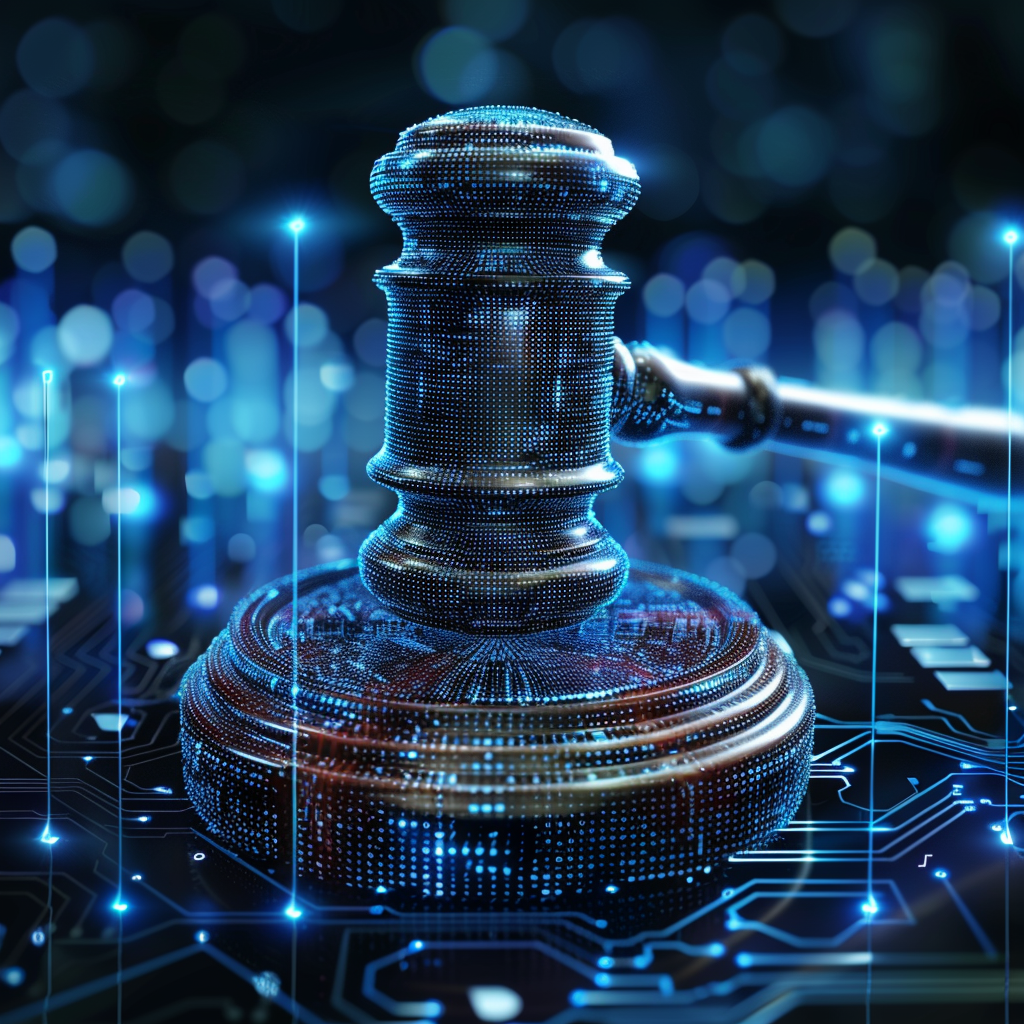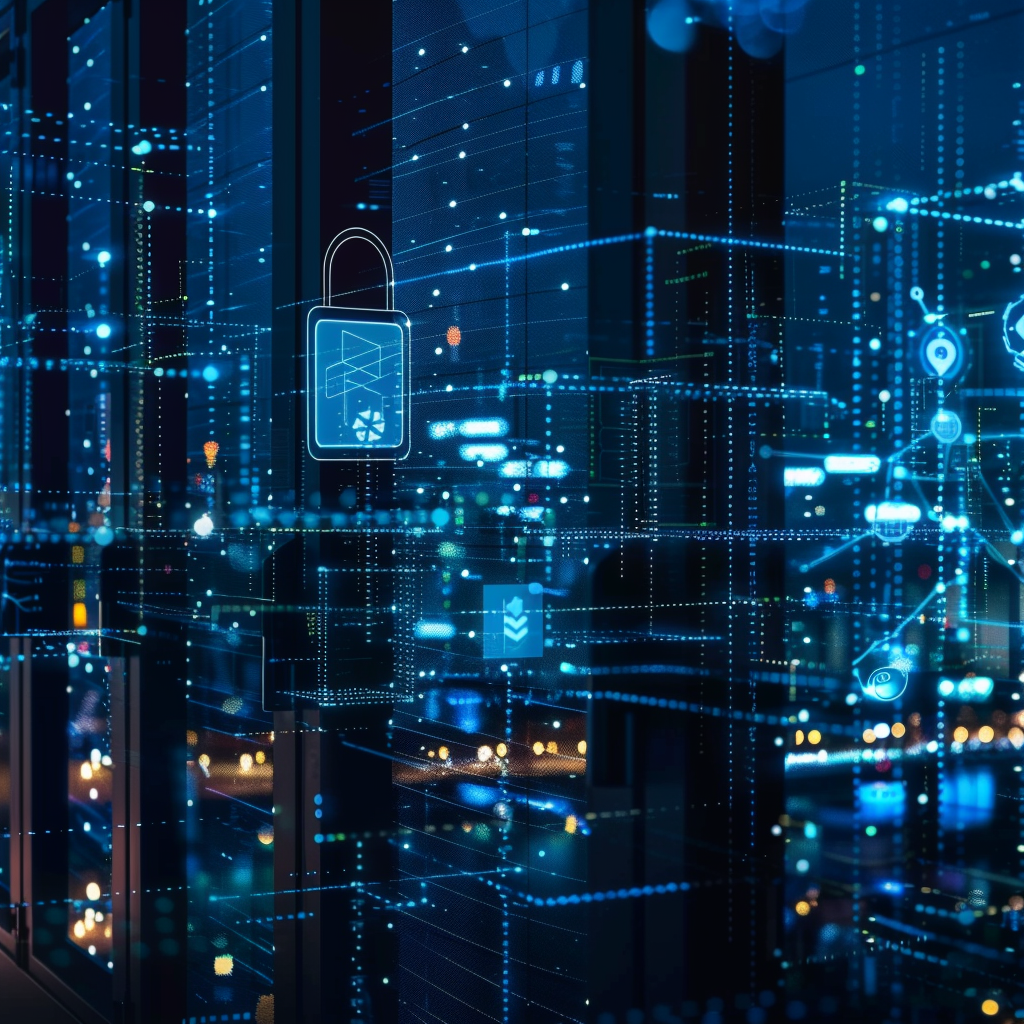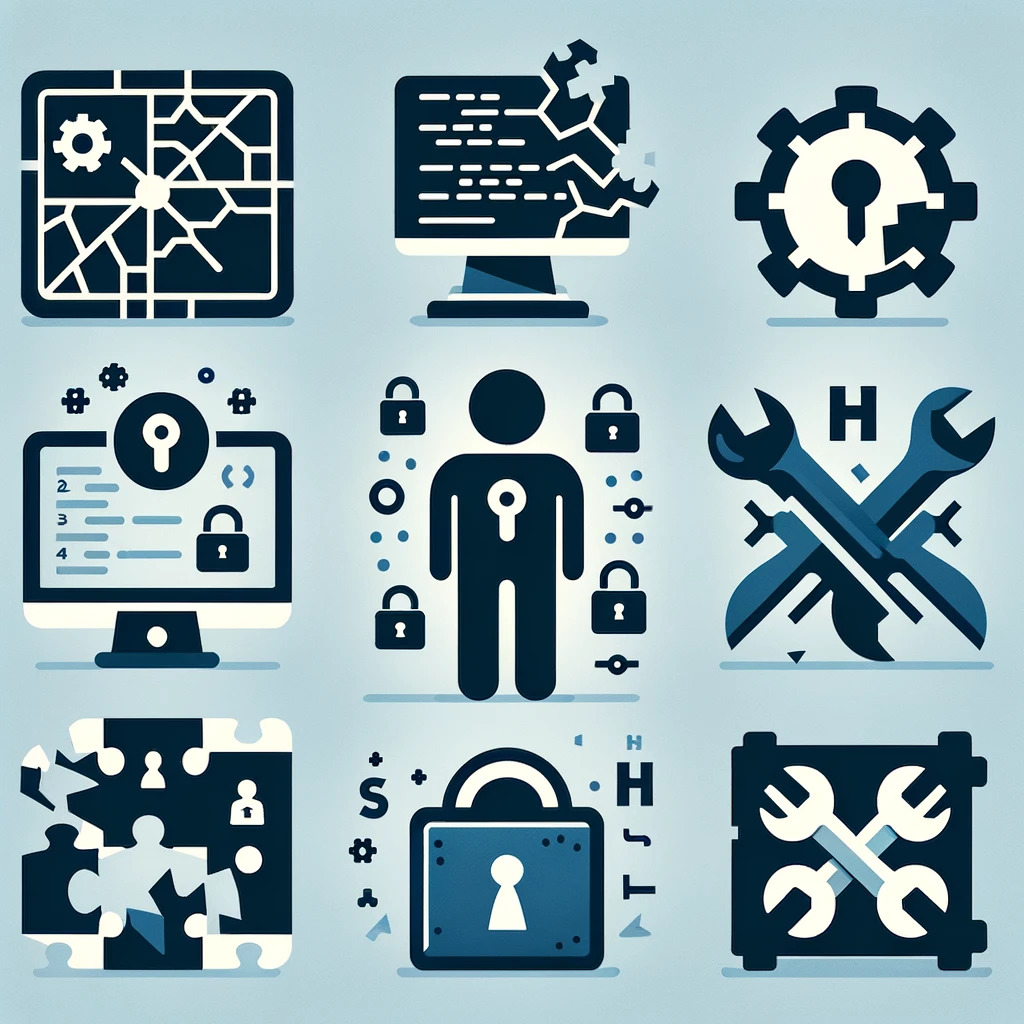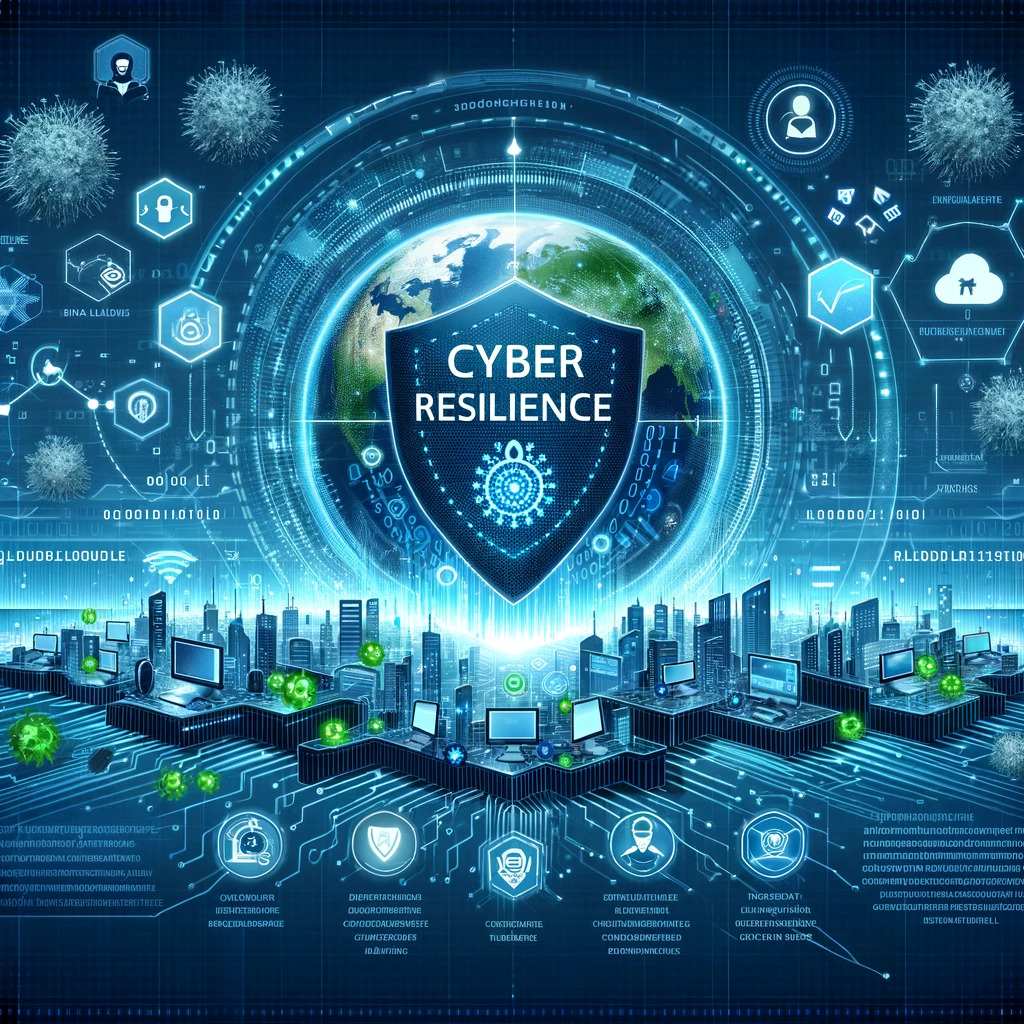Proactive Insider Risk Management: A key defence against Social Engineering attacks
One of the most effective strategies for combating social engineering attacks involves proactive insider risk management. Integrity360's new NextDLP Managed Service incorporates a sophisticated suite of capabilities designed to detect, analyse, and mitigate insider threats, which are often the linchpin of successful social engineering schemes. In this blog we look into how each component of this strategy strengthens an organisation's defences against these attacks.















